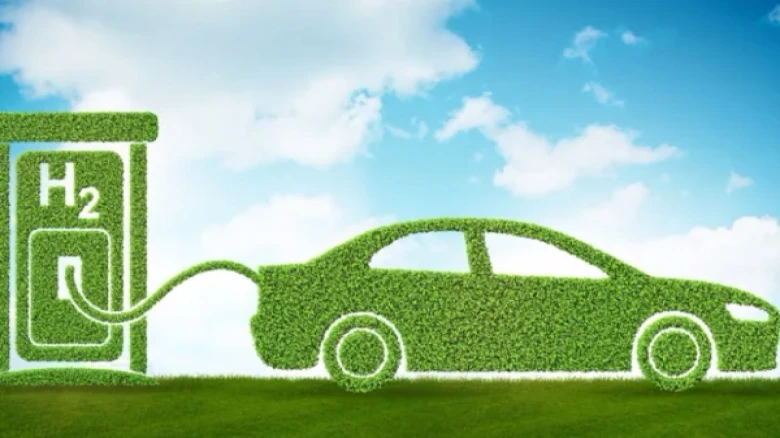The Mission will make it easier to create demand for, produce, use, and export green hydrogen...
Digital Desk: The Central Government authorised the National Green Hydrogen Mission on Wednesday, with an initial budget of Rs.19,744 crore. Following a Cabinet meeting earlier in the day, Information and Broadcasting Minister Anurag Thakur addressed the media about the developments.
The initial budget of Rs.19,744 crore includes Rs 17,490 crore for the SIGHT programme, Rs 1,466 crore for pilot projects, Rs 400 crore for R&D, and Rs 388 crore for additional mission components. The scheme rules for the execution of the individual components will be developed by the Ministry of New and Renewable Energy (MNRE).
"The mission will have far-reaching benefits, including the creation of export opportunities for green hydrogen and its derivatives; the decarbonization of the industrial, mobility, and energy sectors; the reduction of reliance on imported fossil fuels and feedstock; the development of indigenous manufacturing capabilities; the creation of job opportunities; and the development of cutting-edge technologies," Thakur said.
India's green hydrogen production capacity is expected to reach at least 5 MMT per year, with a 125 GW increase in renewable energy capacity. By 2030, the aims are expected to attract over Rs. 8 lakh crore in investments and create over 6 lakh jobs. By 2030, over 50 MMT of CO2 emissions are predicted to be avoided.
The Mission will make it easier to create demand for, produce, use, and export Green Hydrogen.
Under the Strategic Interventions for Green Hydrogen Transition Programme (SIGHT), the mission will provide two unique financial incentive mechanisms aimed at the local manufacturing of electrolysers and the production of Green Hydrogen.
It will also fund pilot projects in new end-use industries and production paths. Green Hydrogen Hubs will be identified and created in regions capable of supporting large-scale hydrogen generation and/or usage.
To assist in the development of the green hydrogen ecosystem, an enabling policy framework will be designed. A solid foundation of norms and rules will also be built.
Furthermore, the Mission will promote a public-private partnership structure for R&D (Strategic Hydrogen Innovation Partnership - SHIP); R&D projects will be goal-oriented, time-bound, and appropriately scaled up to generate globally competitive technologies.
The Mission will also implement a coordinated skill development programme.
The minister stated that all responsible Ministries, Departments, Agencies, and Institutions of the Central and State Governments will take focused and coordinated actions to ensure the mission's success.

Leave A Comment